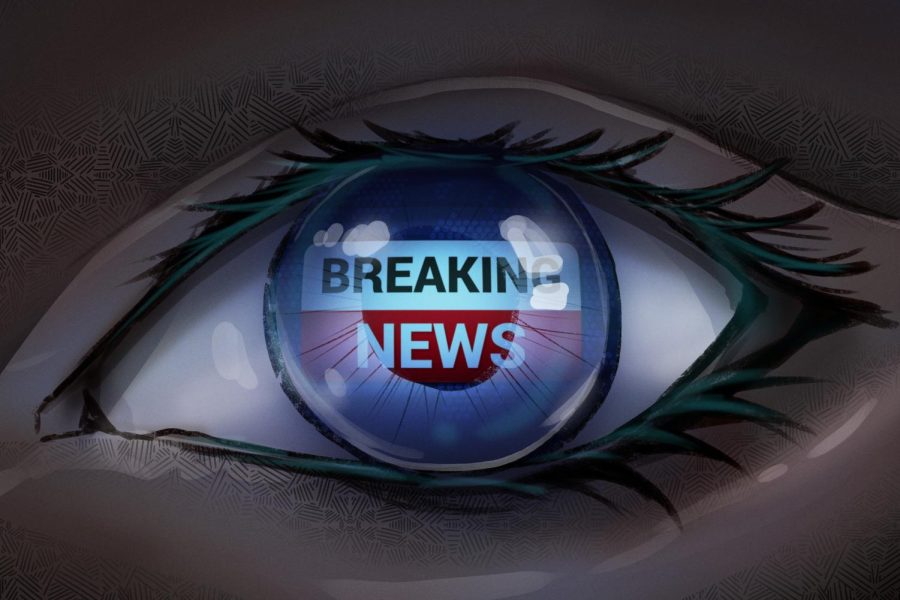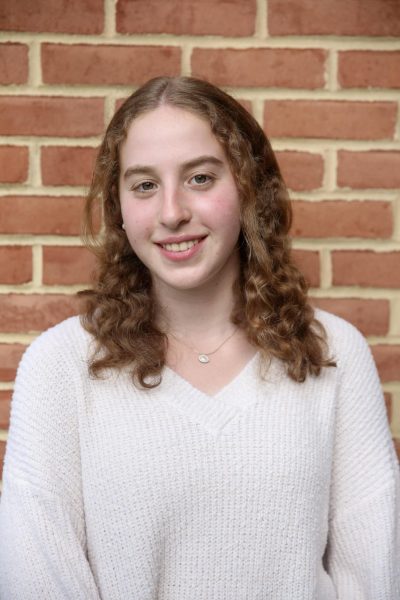Whitman students: keep up with current events — not just the Kardashians
Keeping up with current global events doesn’t make us policy nerds or political junkies; it makes us decent humans and educated citizens.
March 8, 2023
We’ve all heard it: “Bethesda is a bubble.”
For Whitman students, it’s easy to fall victim to ignorance and naïveté — but we can’t forget that we are also part of an ever-changing political climate in which human rights and human lives are on the line. An upcoming physics test or the football game this Friday may be important aspects of our individual lives, however we must also open our eyes and acknowledge the glaring issues that affect people outside of our community.
Keeping up with current global events doesn’t make us policy nerds or political junkies; it makes us decent humans and educated citizens. While current events in foreign nations and other parts of the United States may not directly affect our community, they certainly have indirect effects on us.
“The world is so interconnected, and something that doesn’t seem like it has an effect on you does,” said AP Comparative Politics teacher Andrew Sonnabend. “If we understand what’s going on in places that seem foreign to us and not involved in our daily life, it is still stuff we can learn from.”
Although the war in Ukraine seems like a world away for most of us, many Bethesda residents have connections through home, family or friends. A general understanding of the conflict allows individuals to understand the hardships of those who feel the direct impacts. The war has also damaged the U.S. economy, with sanctions on Russian oil contributing to the rise of gasoline prices in America. Those less educated in current events may incorrectly place blame for the expensive fuel on the domestic economic policies of the Biden administration.
Being generally knowledgable about international conflicts may seem like a job reserved for politicians and government officials, but students need to understand how their government is helping to combat problems in their own country so they can follow suit. For example, learning from the ways that other countries combat climate change can help our generation lower America’s carbon footprint.
In the past few years, our world has become more polarized than ever, leading us on a path that will make it near impossible to overcome glaring challenges like water shortages and world hunger. Divisions don’t always stem from hatred; rather, the culprit is often a lack of reliable information.
The unknown can be scary or uncomfortable. People tend to make assumptions about others to compensate for this lack of knowledge, creating a warped view of a particular group.
However, information is a powerful tool to combat stereotypes and allows sheltered Bethesda students to learn about cultures around the world. Whether a news anchor is describing a new national regulation or a religious conflict, teens are able to gain insight into the lives of people across the globe. By staying informed, our generation has the opportunity to put our society on the path of cooperation rather than division.
Although students gain the power to vote by the end of high school, voters aged 18-29 are historically unreliable at the ballot box. Only 51.4% of the youngest voting demographic turned out to the polls for the 2020 presidential election — a percentage below any other age group.
As Whitman students, we have the resources to make a difference within the U.S. or outside of it — even before we get to vote.
“We shouldn’t just sit in silence and let the other part of the world suffer,” junior Kyla Ngeno said. “We should use our filters of privilege to help others.”
While many Whitman students hear snippets of information regarding major foreign and domestic affairs, most obtain this information from popular social media platforms such as TikTok and Instagram. However, most creators on these mediums quickly spread misinformation with heavily-biased viewpoints.
During the 2020 election cycle, TikTok users spread conspiracy theories regarding voter fraud during the presidential election despite having no evidence to prove their claims. Without any outside knowledge of the subject, viewers are easily absorbed in the lies that circulate on social media.
Instead, the younger demographics should seek out reputable news corporations and browse articles to get a better understanding of the variety of issues that the world is currently facing. The Associated Press, NPR and BBC are all reliable sources known for being unbiased. However we choose to learn, we gain the freedom to break out of the “Bethesda Bubble” and become a part of something bigger.
“We have to understand that in this day and age, we are global citizens,” Sonnabend said. “We are part of a larger world, and what I hope a lot of students realize is that ten years down the line, you’re going to be the ones that can affect change.”










